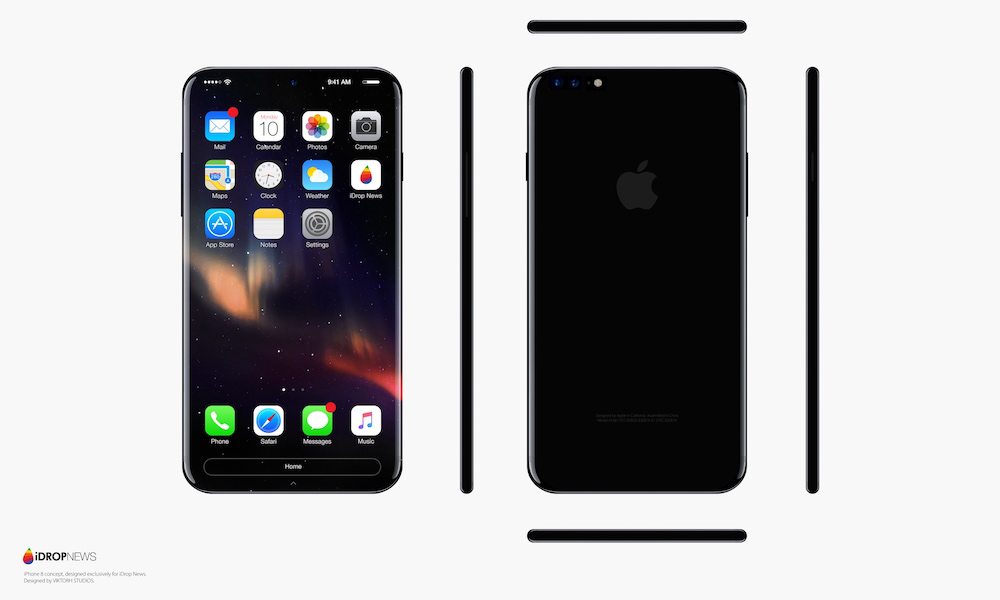Here’s Why Apple Should Use Qi Wireless Charging for iPhone 8

Toggle Dark Mode
Apple has a long history of being an innovator in the tech field — but there is at least one case in which Apple should strive for practicality above breaking new ground.
Over the last few months, there has been conflicting evidence about what form wireless charging will take on Apple’s upcoming 10th anniversary iPhone lineup. On one hand, Apple is largely rumored to be working with a startup called Energous on a long-distance wireless charging technology. According to those rumors, Apple’s products will feature the company’s long-distance system sometime in the near future.
But the truth might be less exciting. A recent report from The Verge claims that Energous’ long-distance charging system isn’t ready to ship yet, and even if Apple is indeed the startup’s “key strategic” partner, it’s more likely to release traditional wireless charging pads this year, instead of its revolutionary WattUp solution. Taken together, it’s highly unlikely that the iPhone 8 will actually feature a fleshed-up version of true long-distance wireless charging technology.
To further complicate things, Apple just recently — and quietly — joined the Wireless Power Consortium, an organization of over 200 companies that are trying to standardize the Qi inductive wireless charging solution. In fact, Qi is already being used in over 140 smartphones, tablets and other consumer devices — and a modified version of the standard was even used on the Apple Watch.
As previously reported, Energous’ system and Qi aren’t exactly mutually exclusive — Apple could be involved with both simultaneously, and there is even evidence to suggest that Cupertino is working on its own proprietary system. To that effect, Apple could use its new position as a member of the WPC to contribute its own ideas and technology to the Qi standard. That would certainly be a change of face for Apple, though, as the company doesn’t have a history of playing nice with tech industry standards — the Lightning cable comes to mind, as does the fact that the Apple Watch charger was tweaked to be incompatible with other Qi-based systems.
Still, it might be a smart idea for Cupertino to aim for pragmatism over innovation this time around. While an iPhone with long-distance wireless charging would be an industry first, Apple has an opportunity to join-in on a rapidly expanding standard. In a potential future where every hotel room, office, coffee shop, vehicle, bar and airport lounge has standardized wireless charging pads installed, what good would they do if your Apple smartphone isn’t compatible? If Cupertino decides to use their own proprietary system that won’t work with Qi, they’re missing out on a huge opportunity — and it’ll probably force a large segment of the smartphone market to buy another dongle or adapter.
Qi is a chance to democratize a small aspect of the tech industry — to become something as commonplace and useful as USB. Seeing as how ubiquitous that standard is — even on Apple products — it’s not hard to imagine how utilitarian and practical a truly wireless future could be. That is, if Apple decides to jump on the bandwagon.






